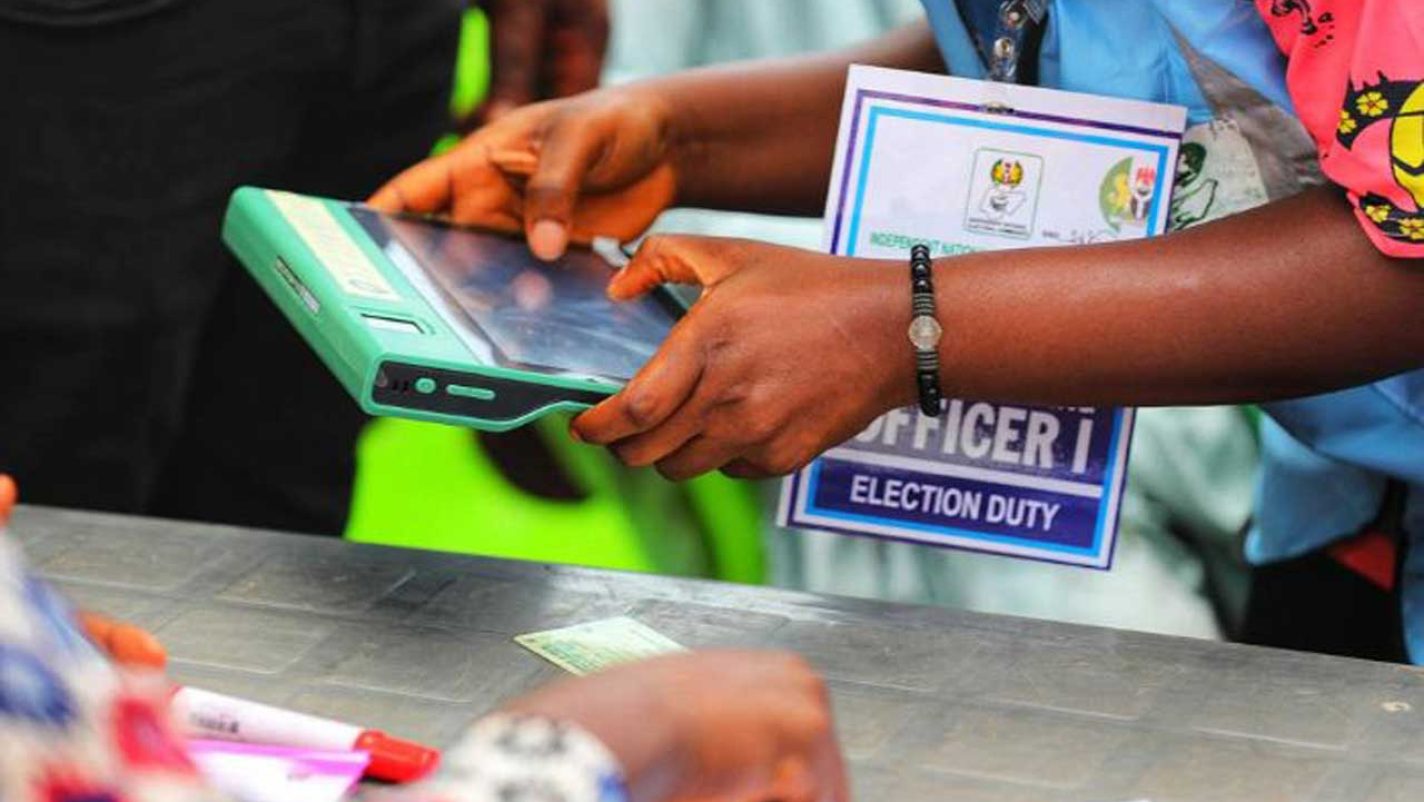Headlines
Court orders INEC to electronically transmit the results of the governor and assembly elections

Judge Obiora Egwuatu issued the ruling on Friday in response to a lawsuit brought by the Labour Party, Uduakobong Udoh, the party’s candidate for governor of Akwa Ibom, and 13 candidates for the state house of assembly in the March 18 elections.
While the All Progressives Congress (APC) was contesting the Federal High Court of Lagos’ decision ordering the Independent National Electoral Commission (INEC) to electronically upload the results of the State House of Assembly and governorship elections held on Saturday, another Federal High Court in Abuja ordered the Commission to electronically transmit the results of the exercise in accordance with its rules and guidelines.
Judge Obiora Egwuatu issued the ruling on Friday in response to a lawsuit brought by the Labour Party, Uduakobong Udoh, the party’s candidate for governor of Akwa Ibom, and 13 candidates for the state house of assembly in the March 18 elections.
The petitioners had named INEC as the only defendant in the original summons, which was dated and sent on March 15 by their attorney Moses Usoh-Abia.
The applicant’s case’s facts can be summed up as follows: on February 25, 2023, while the presidential election was being conducted, INEC and its officers failed to paste election results at polling places and upload scanned election results on the IREV using the BVAS.
According to their argument, INEC’s inaction caused substantial bias, confusion, and annoyance for the applicants in their respective wards and polling places as well as for the general election as a whole.
Moreover, they argued that the failure would be repeated at the governorship and house of assembly elections on March 18, 2023, if the Court did not award the reliefs.
In its answer to the court, INEC refuted the majority of the information provided by the applicants. Moreover, they asserted that after the conclusion of the election in Akwa Ibom State and other states of the federation, the presiding officers and other election officers fully complied with the laws and posted Forms EC8A at the different polling units.
READ ALSO: INEC asks the appeals court to overturn the decision on temporary voter cards
They also argued that the initial lag in putting Form EC8A on the site (IReV) affected the entire country, not just Akwa Ibom State, and was caused by technical difficulties out of the Commission’s control. These issues were ultimately resolved, and all Forms EC8A were uploaded on the platform. They said that the circumstances ensured there would be no results-rigging at the presidential election on February 25, 2023.
In conclusion, the commission requested that the court reject the applicants’ lawsuit on the grounds that it was unfounded, speculative, vexatious, and an abuse of the legal system.
In his ruling, Judge Egwuatu granted an order of mandamus requiring INEC, its privies, servants, and agents, as well as anybody operating on their behalf:
a. Adhere to and enforce the requirement of clause 37 of the Regulations and Guidelines for the Conduct of Elections 2022 for the conduct of the governorship and houses of assembly elections in Akwa Ibom State on March 18, 2023, which requires all polling officers to prominently post the publication of the results poster EC60 (E) after completing the EC8A result sheet.
b. Adhere to and enforce the provisions of Clause 38 of the Regulations and Guidelines for Conducting Elections 2022, which directs the presiding officer of each polling unit to electronically transmit or transfer the results of the polling units directly to the collation system and use the Bimodal Voter Accreditation System (BVAS) to upload a scanned copy of the voter registration form.
c. Employ the services of impartial, capable, and dependable logistic companies that are non-partisan or are not known to be supporters of any political party to distribute electoral materials and personnel in accordance with section 27 (1) of the Electoral Act of 2022 during the conduct of the governorship and house of assembly election in Akwa Ibom State on March 18, 2023.
